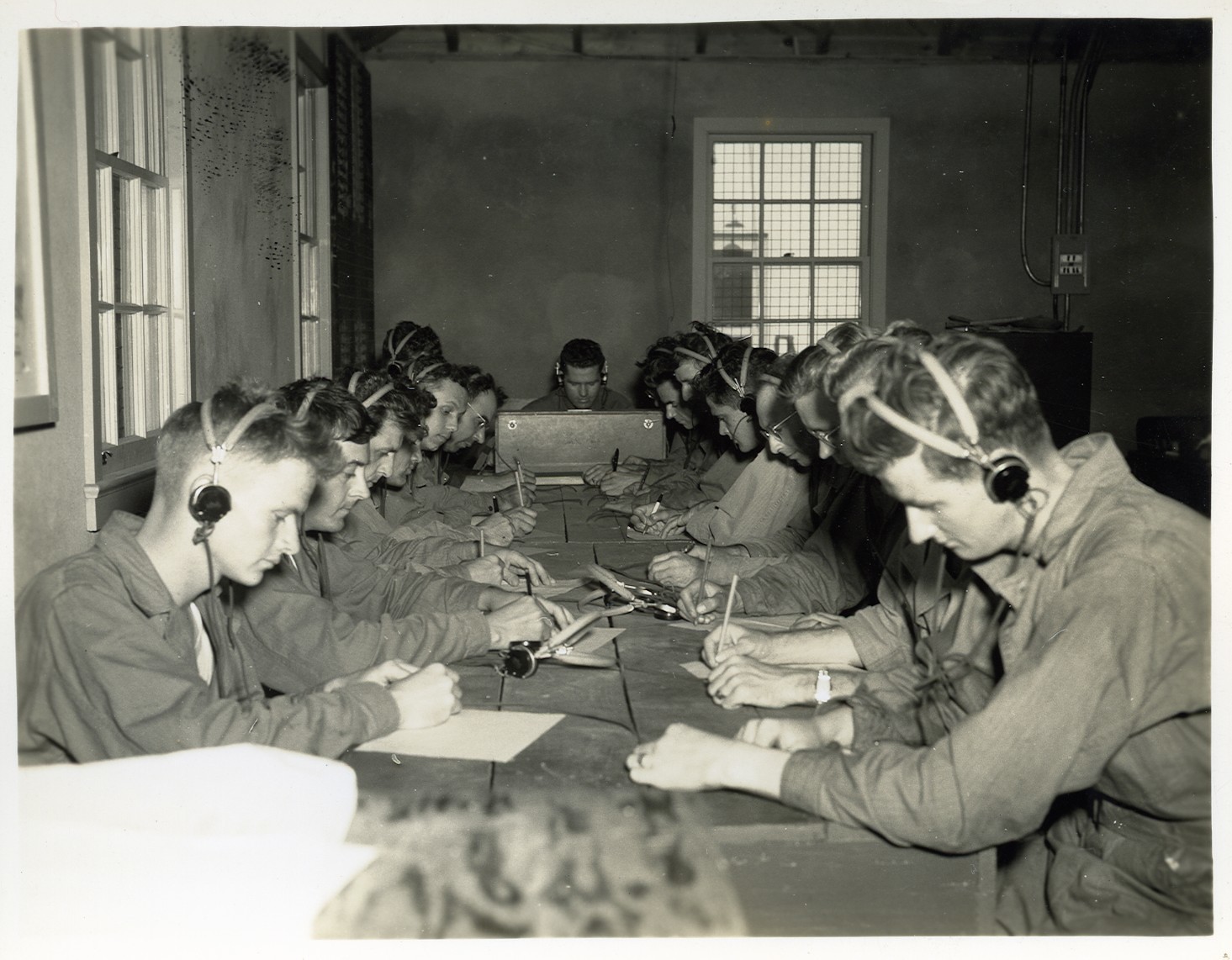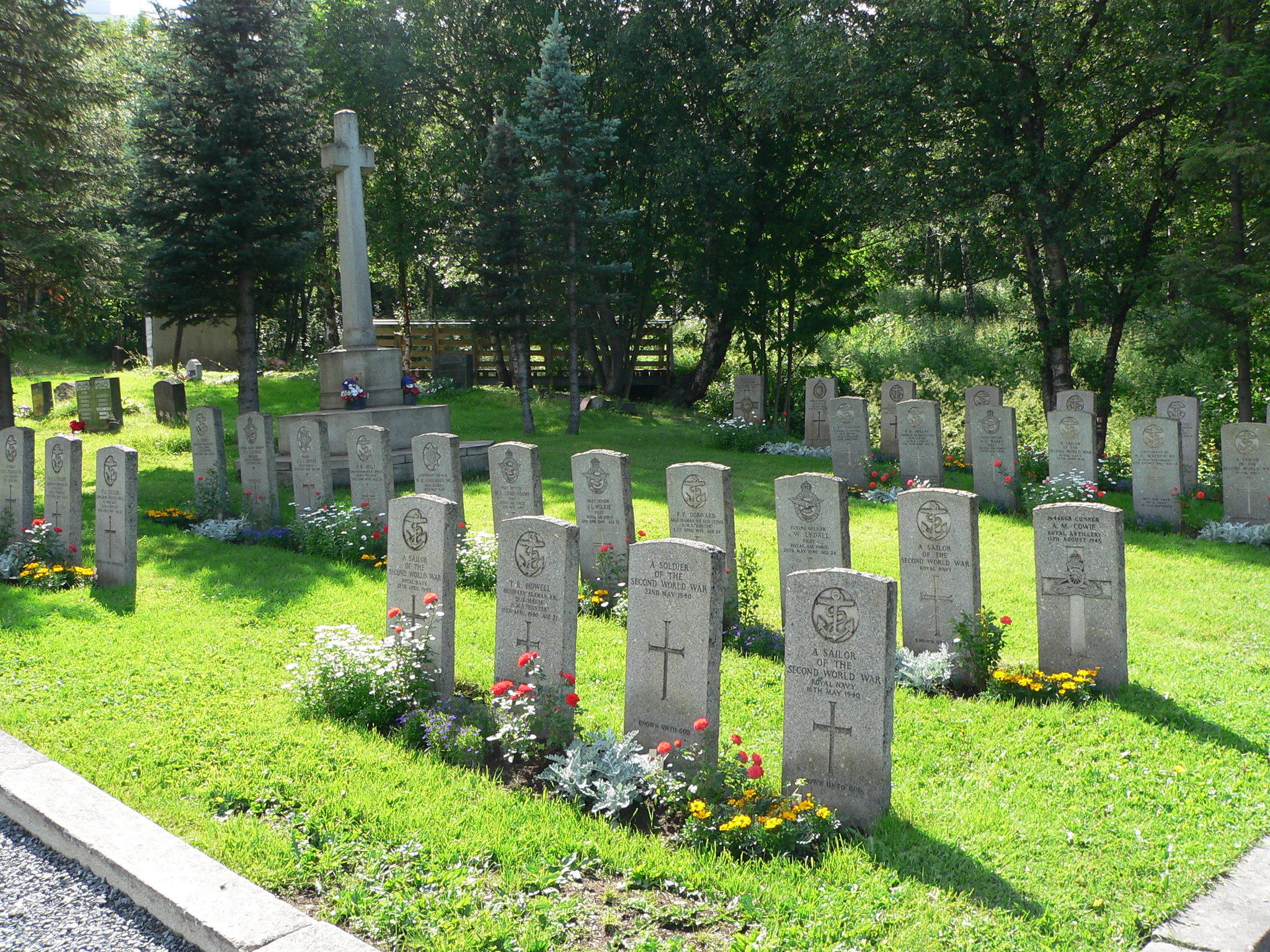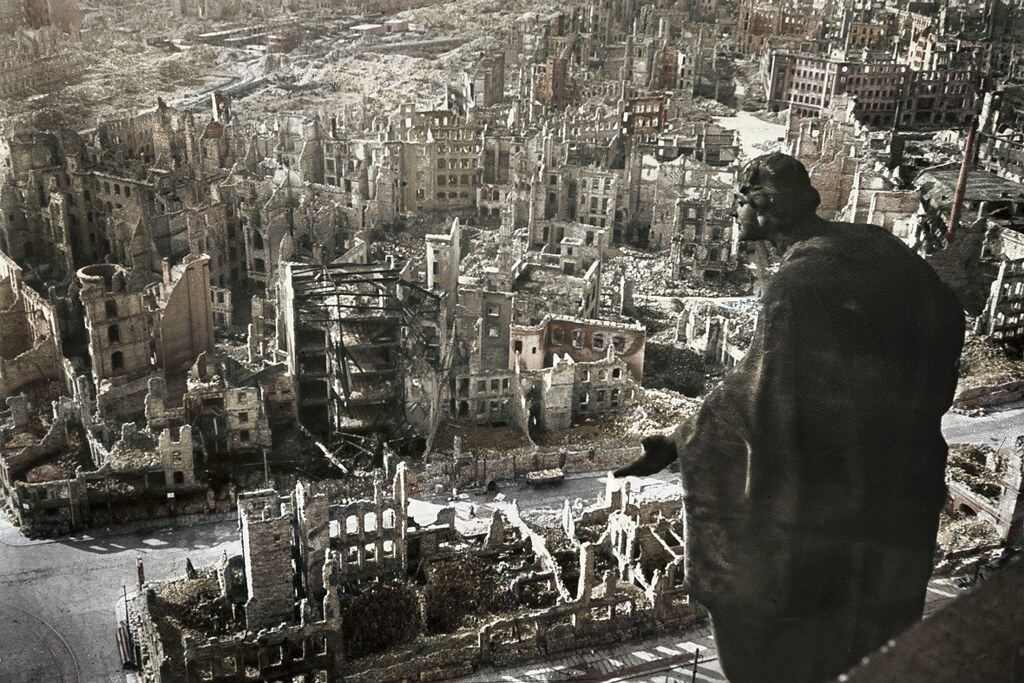Reviewed by Will Butler.
This edited collection, which covers a diverse range of inter-related subjects, is a triumph, and a welcome collection to the study of the use of propaganda during the Second World War. It brings together a diverse range of scholars (both established and early career), who all tackle their subjects with aplomb, taking the reader on an exploration of their individual areas of study, without losing sight of the overall theme of the collection.
Leave a Comment



